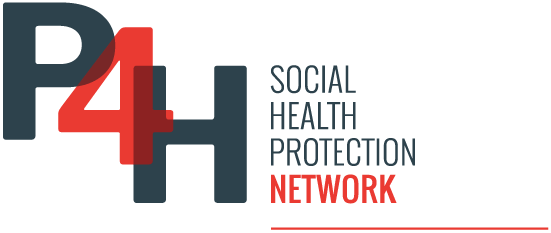A WHO inception mission to Zambia consisting of 3 organizational levels took place from 27 February to 3 March 2017. The main objective of the mission was to review and discuss EU-Lux-WHO partnership program roadmap activities with national experts and representatives of relevant development partners. Because, Zambia was selected as one of 4 countries that joined the UHC partnership program in 2016. The roadmap was developed around 3 strategic objectives to support the development and implementation of the National Health Strategic Plan for 2017-2021; to support technical and institutional capacities for health systems and financing; and to improve the effectiveness of development assistance. The mission followed the program prepared by the WHO country office. Accordingly, individual meetings held with national officials of the MoH, WHO country office staff and representatives of UN country team, EU, DFID, ILO, AfDB, USAID, and the World Bank. All partners supported the strategic objectives of the program and related roadmap specific activities. It was clear that social health insurance (SHI) is an important agenda of the government. Currently, there is an ongoing process to submit the SHI Bill to the Parliament for approval. However, the mission has got some reservations that Zambia may not ready yet to start SHI right way as planned. There are some issues still need to be clarified through broad consultation and agreement with national stakeholders. These include insurance coverage, contribution subsidy, collection, benefit package, its provision and additional investments needed for SHI implementation and administration. These issues need to be well reflected in the national health development plans to ensure that good quality health service benefits are available to all insured from the start. SHI also needs to be well positioned in the national health financing strategy for UHC which is still under development. All these require strong leadership and ownership from the MoH to advance the work in collaboration with other relevant sectors such as finance and social protection. In this regard, WHO was asked to help and influence the MoH under the UHC 2030 agenda focusing on health planning, financing, social health protection and aid effectiveness. P4H`s role in this process would primarily focus on facilitating dialogues among different national and co-operating partners with active involvement and support of ILO, WB and WHO. P4H`s involvement in the implementation of the EU-Lux-WHO UHC Partnership program would make it as an enabler by bringing the lead and other co-operating partners working on health, finance and social protection, creating more spaces for effective collaboration and offering P4H products and services such as the UHC Leadership training program for capacity building as relevant.

